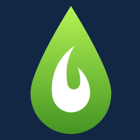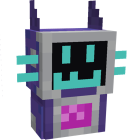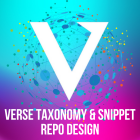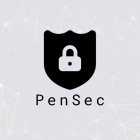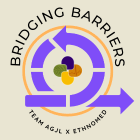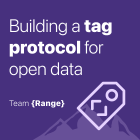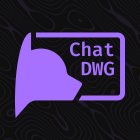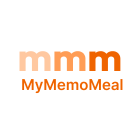
MyMemoMeal: Flavorful Moments, Timeless Memories — Effortlessly journal your meal experiences!
Dining enthusiasts are documenting past meal recollections using several applications such as their notes app, social media platforms, or simply their camera gallery. Within the current market, no centralized platform is dedicated for users to personally journal and revisit their meal experiences. MyMemoMeal caters to those who desire to easily find past their food experiences and document new meals in one platform. With a focus on simplicity and convenience, users can upload pictures of their meals to organize and commemorate their food journeys. MyMemoMeal strives to be a valuable resource for dining enthusiasts to cherish and relive their culinary discoveries.

